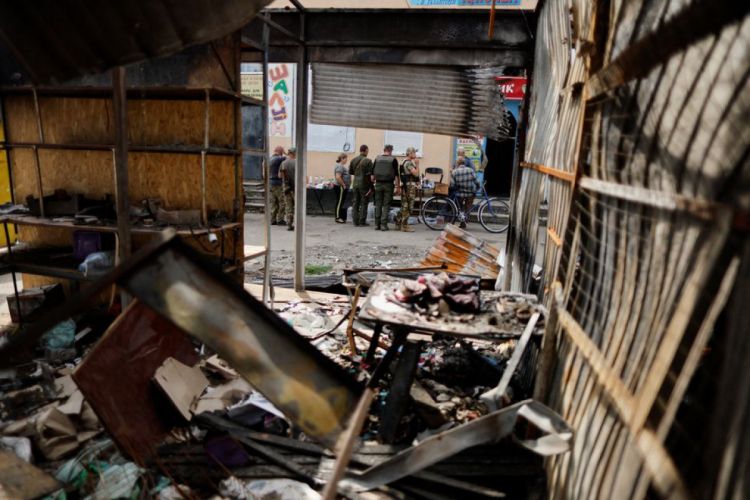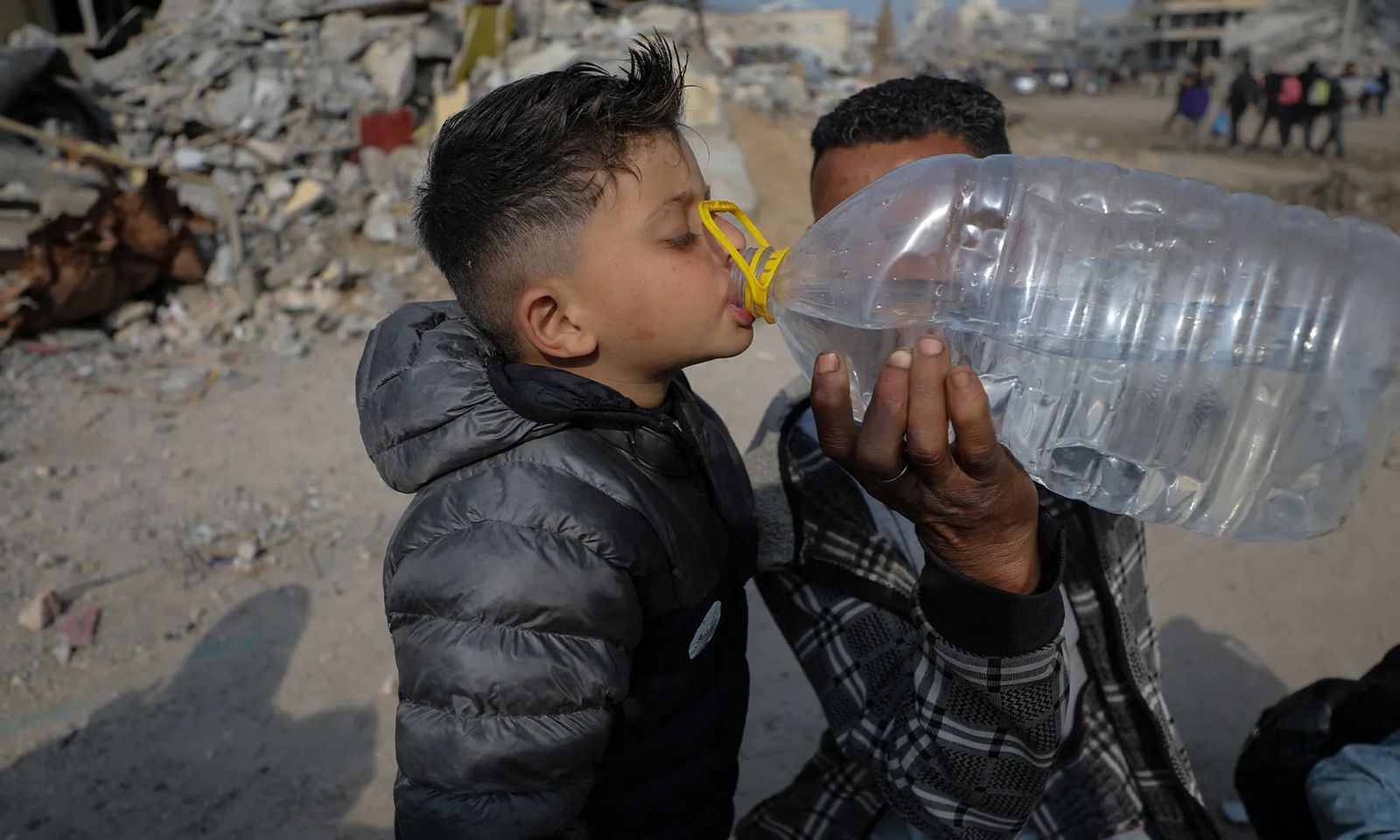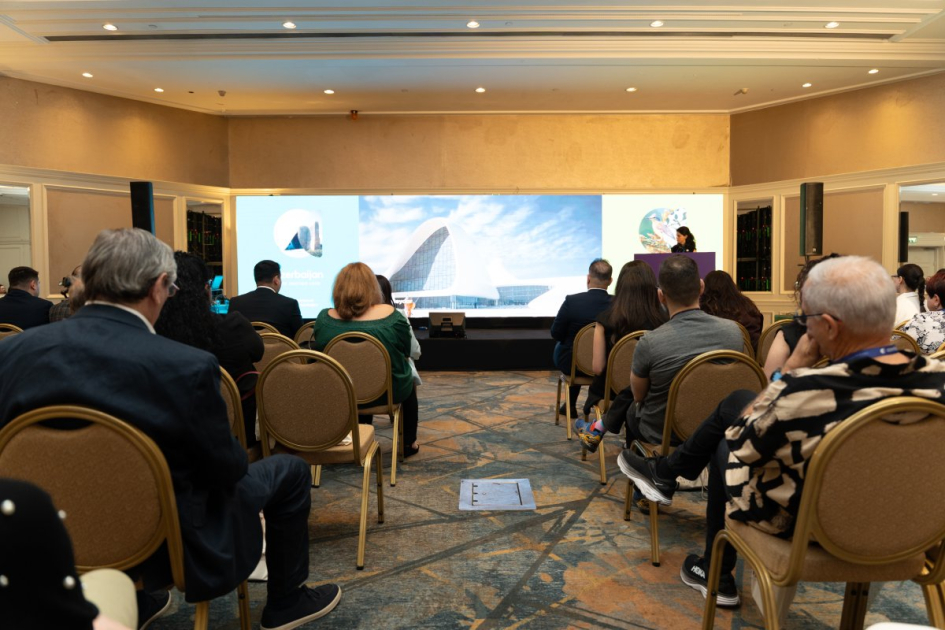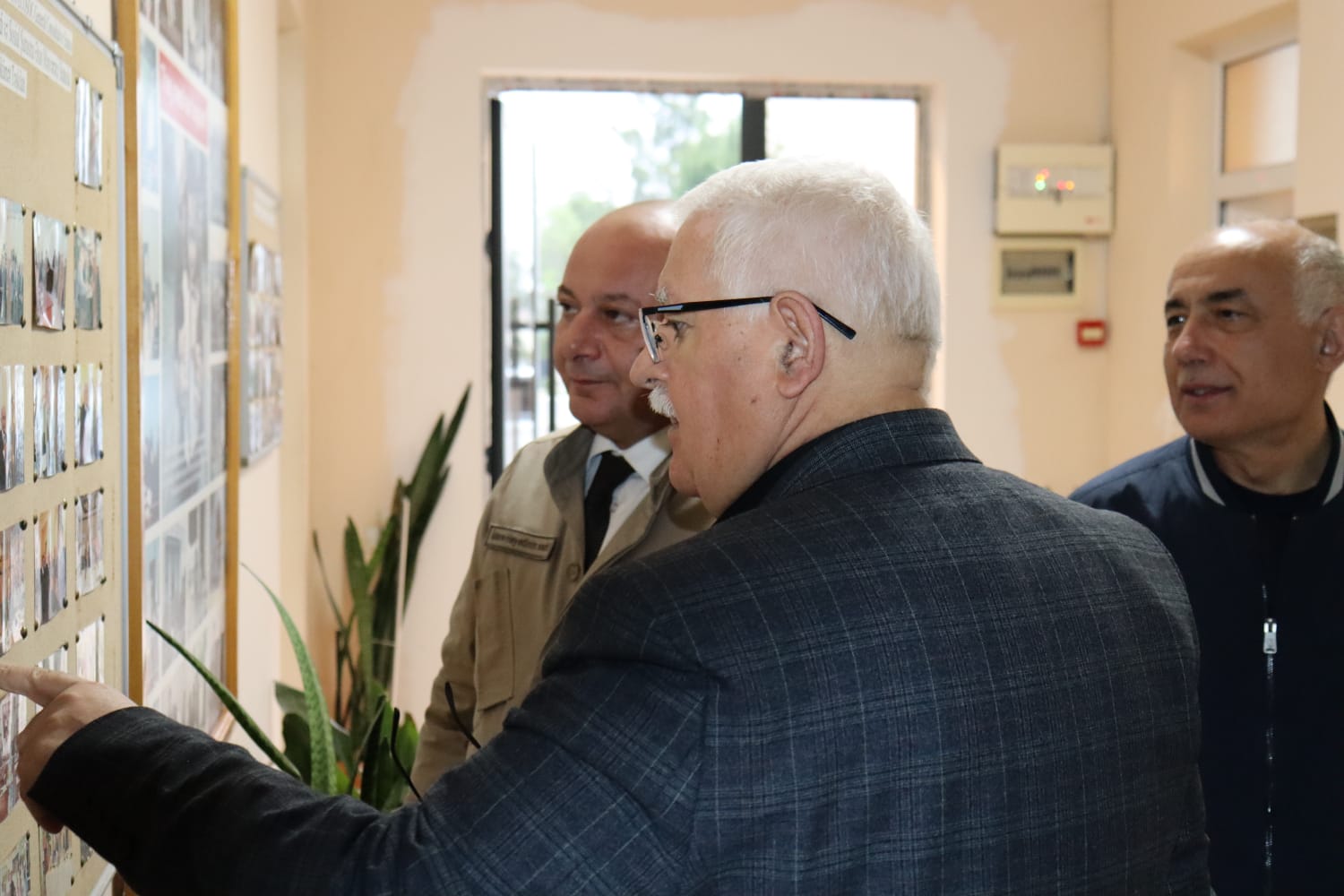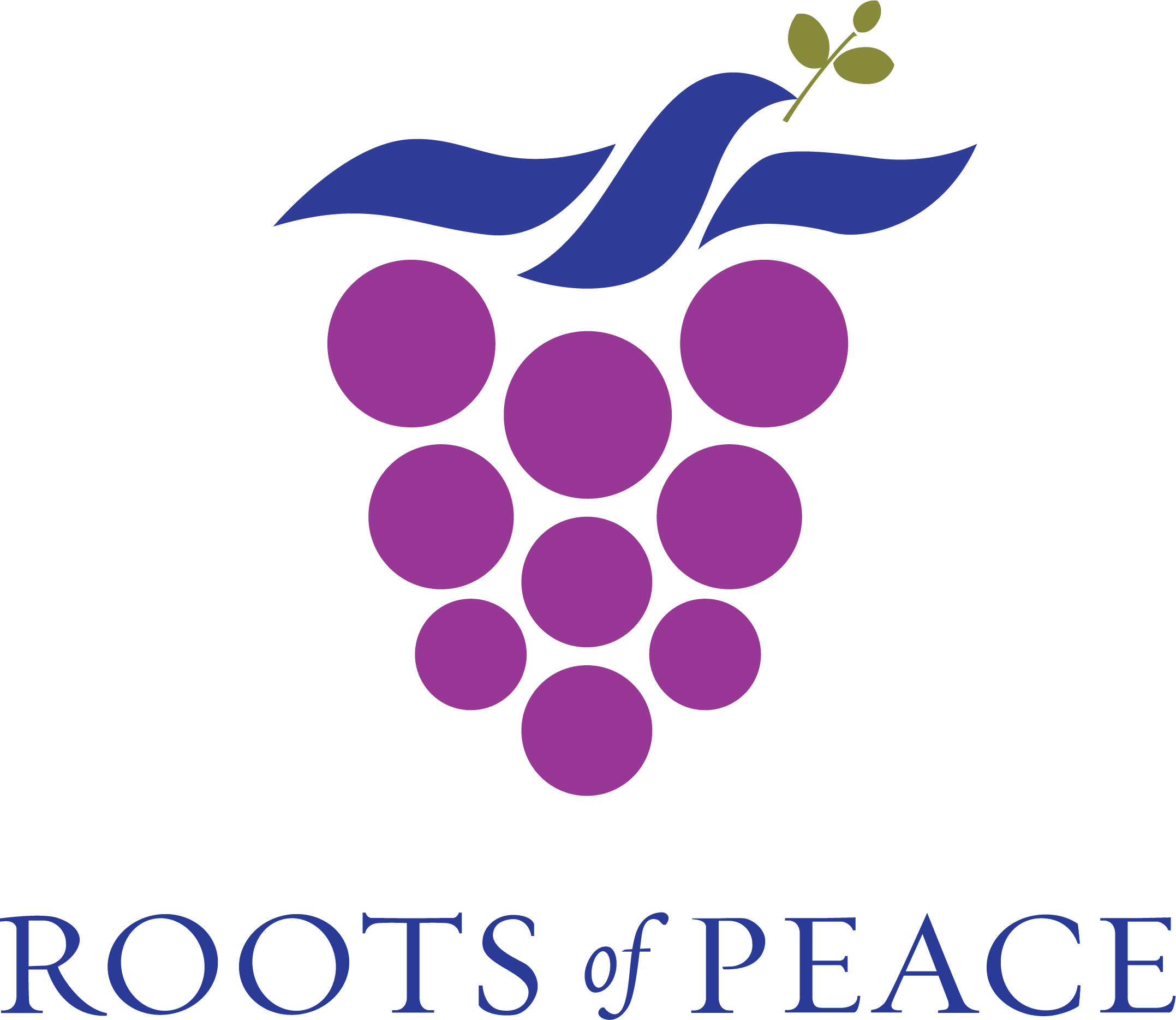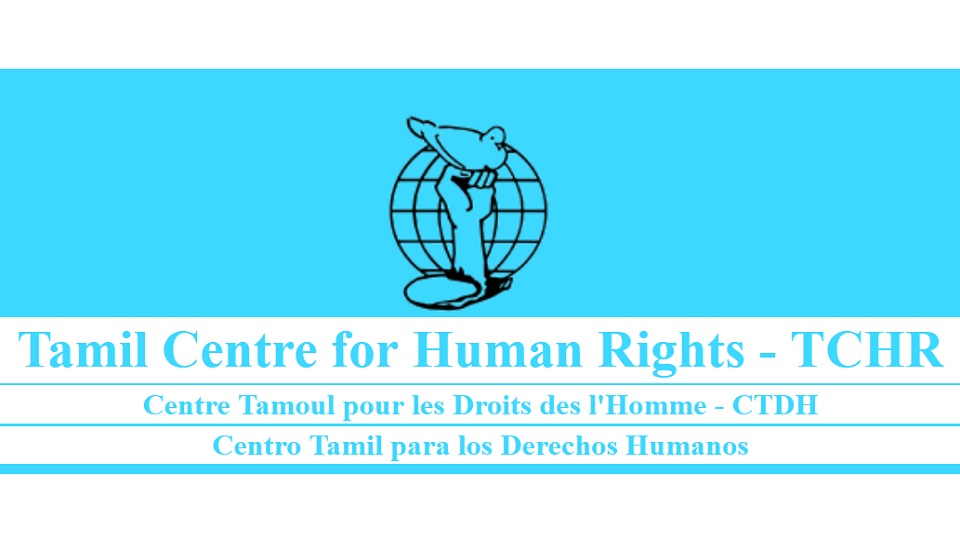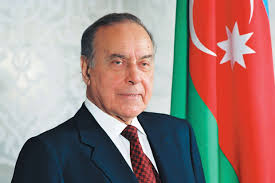Artillery shells rained down on a city near Europe's biggest nuclear plant and Russian missiles struck near the Black Sea port of Odesa on Sunday, as Ukraine warned of the potential for more serious attacks by Russia as the war neared its six-month anniversary, CNN reports.
Wednesdaymarks 31 years of Ukraine's independence from Soviet rule as well as half a year since the invasion and President Volodymyr Zelenskiy called for vigilance, saying Moscow could try "something particularly ugly."
In his nightly video address on Sunday, Zelenskiy said he had discussed "all the threats" with French President Emmanuel Macron and word had been sent also to other world leaders including Turkish President Tayyip Erdogan and U.N. Secretary-General Antonio Guterres.
"All of Ukraine's partners have been informed about what the terrorist state can prepare for this week," Zelenskiy said, referring to Russia.
The Financial Times, in an article published Sunday, quoted Gennady Gatilov, Moscow's ambassador to the United Nations in Geneva, as saying Erdogan had tried to facilitate dialogue. But he dismissed speculation about talks between Zelenskiy and Russian President Vladimir Putin, saying there "was not any practical platform for having this meeting," the report said.
Russian authorities were investigating a suspected car bomb attack outside Moscow that killed the daughter of Alexander Dugin, an ultra-nationalist Russian ideologue who advocates Russia absorbing Ukraine.
While investigators said they were considering "all versions" when it came to establishing who was responsible, the Russian Foreign Ministry speculated there could be a link to Ukraine, something a Zelenskiy adviser dismissed.
"Ukraine, of course, had nothing to do with this because we are not a criminal state, like the Russian Federation, and moreover we are not a terrorist state," Mykhailo Podolyak said on Ukrainian television, suggesting the incident was "Karmic" payback for supporters of Moscow's invasion.
As Ukraine prepared to mark its Independence Day embroiled in a war that has flattened towns and cities, killed thousands and forced millions to flee, officials reported more Russian strikes on targets in the east and south of the country.
Of particular concern was the shelling of Nikopol, a city near Zaporizhzhia, Ukraine and Europe's biggest nuclear plant.
Nikopol was shelled on five different occasions overnight, regional governor Valentyn Reznichenko wrote on Telegram. He said 25 artillery shells hit the city, causing a fire at an industrial premises and cutting power to 3,000 residents.
The fighting in the proximity of Zaporizhzhia and Saturday's missile strike on the southern Ukrainian town of Voznesensk, not far from Ukraine's second-largest atomic plant, spurred fears of a nuclear accident.
On Sunday, U.S. President Joe Biden, British Prime Minister Boris Johnson, German Chancellor Olaf Scholz and Macron held a phone call stressing the importance of ensuring the safety of nuclear installations, while underlining their "steadfast commitment" to Ukraine.

